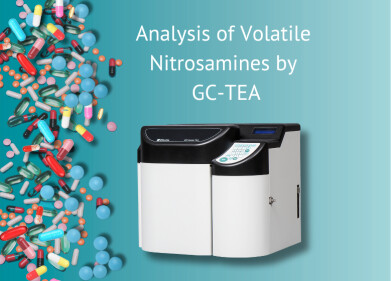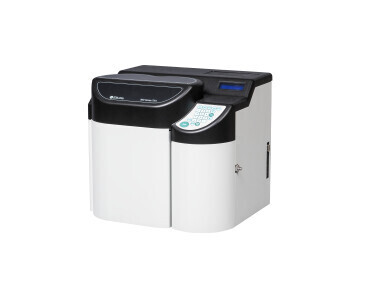Gas Chromatography
Identifying Foetal Alcohol Spectrum Disorder Using Chromatography
Aug 23 2020
Experts are almost unanimous that the safest option is to avoid all alcohol when you are pregnant. There is no safe proven level of alcohol consumption during pregnancy – and this includes the period where a woman is not even aware that she is pregnant. In the UK, the Chief Medical Officers recommend that the safest approach is not to drink alcohol if you are planning on becoming pregnant.
The effects of drinking during pregnancy can vary widely for the foetus and infant. A recent case report in the journal Medicine reports on a case in Italy with the researchers finding that alcohol should be considered as a factor in an example of a rare neurological condition known as porencephaly. In the paper - Porencephaly in an Italian neonate with foetal alcohol spectrum disorder – the researchers report on how they used chromatography to determine that a neonate had been exposed to alcohol during pregnancy by testing the neonate’s hair.
Alcohol and pregnancy – not a good mix
Most people agree that avoiding alcohol during pregnancy is the safest option. There is no proven safe limit on the quantity of alcohol a woman can drink during pregnancy without causing harm to the foetus. Any alcohol that is consumed during pregnancy will cause some alcohol to pass through the placenta to the baby. The more alcohol consumed, the greater the risk there is of harm to the baby.
One of the last organs to develop in a foetus is the baby’s liver and it does not develop fully until the later stages of pregnancy. Therefore, the baby cannot process the alcohol passed to it through the placenta and this can affect the baby’s development. In the first three months of pregnancy, alcohol can increase the risk of miscarriage and lead to a premature birth and low birthweight. Drinking later in the pregnancy can lead to learning difficulties and behavioural problems in children.
Chromatography spots possible FAS
If a mother drinks heavily during pregnancy, the baby can suffer from a condition known as foetal alcohol syndrome (FAS). FAS symptoms can include poor growth, developmental problems, and facial abnormalities. The researchers in Italy say that it can be difficult to diagnose cases correctly because mothers are reluctant to admit alcohol consumption during pregnancy. This can lead to misdiagnosis and can lead to children being assigned the wrong treatment or help.
The researchers behind the study referenced above analysed the hair of a neonate with FAS symptoms for ethyl glucuronide (EtG) – a breakdown product of ethanol - using liquid chromatography. The use of chromatography to analyse alcohol-related samples is discussed in the article, Analysis and Identification of Mezcal and Tequila Aromas by Ambient Ionisation MS, GC-MS, and GCxGC-MS. The team report that the use of chromatography to analyse EtG in neonate’s hair can improve diagnosis of FAS and allows the exclusion of genetic disorders causing the symptoms.
Digital Edition
Chromatography Today - Buyers' Guide 2022
October 2023
In This Edition Modern & Practical Applications - Accelerating ADC Development with Mass Spectrometry - Implementing High-Resolution Ion Mobility into Peptide Mapping Workflows Chromatogr...
View all digital editions
Events
Jan 20 2025 Amsterdam, Netherlands
Feb 03 2025 Dubai, UAE
Feb 05 2025 Guangzhou, China
Mar 01 2025 Boston, MA, USA
Mar 04 2025 Berlin, Germany












